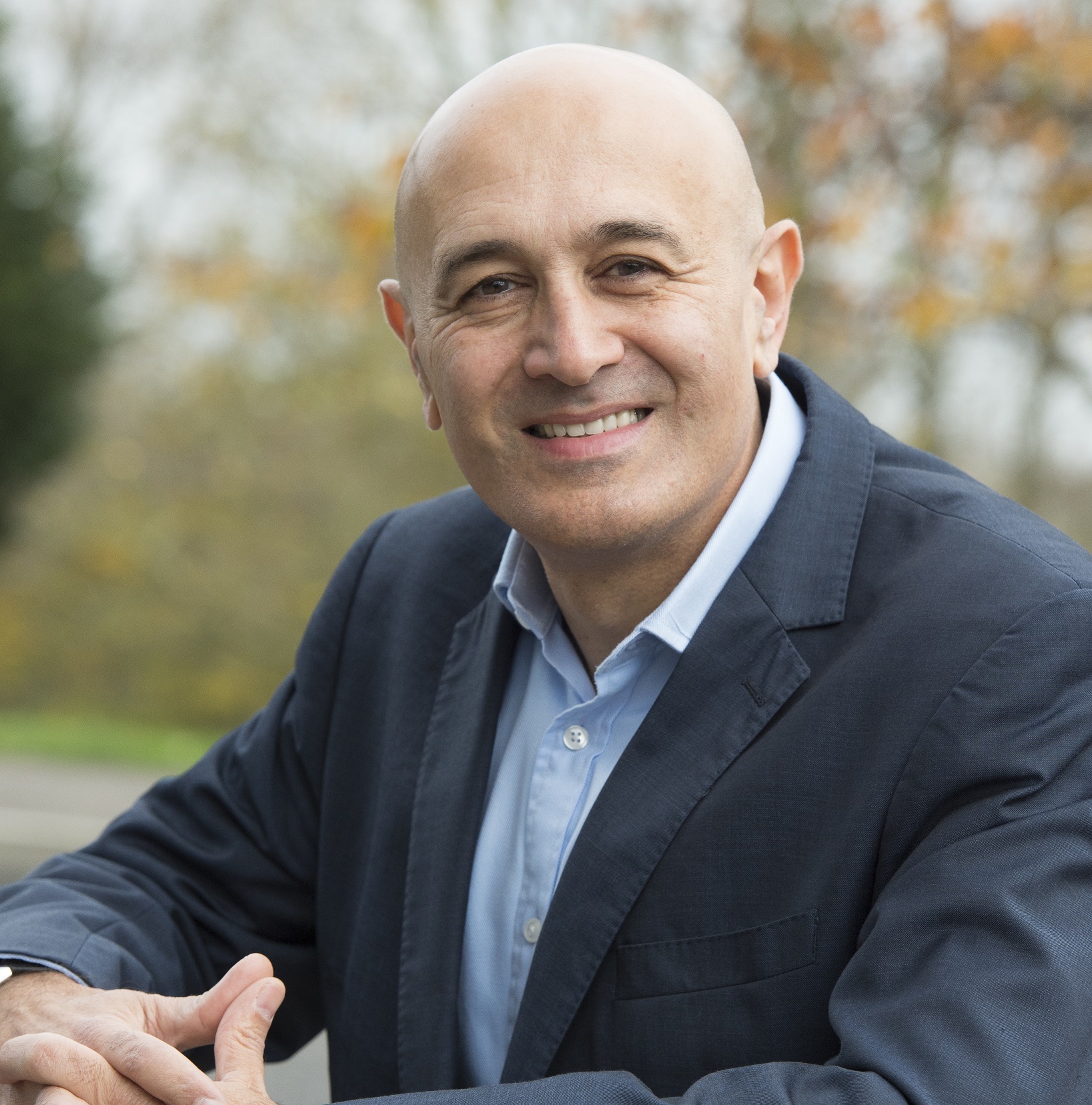Jim Al-Khalili is a theoretical physicist at the University of Surrey where he holds a Distinguished Chair in physics as well as a university chair in the public engagement in science. He received his PhD in nuclear reaction theory in 1989 and has published widely in the field. His current interest is in open quantum systems and the application of quantum mechanics in biology. In 2018, he helped establish at Surrey the world’s first doctoral training centre in quantum biology and, in 2020, set up a new Quantum Foundations Centre.
Jim is a prominent author and broadcaster. He has written 14 books on popular science and the history of science, between them translated into twenty-six languages. His latest book, The World According to Physics, was shortlisted for the Royal Society Winton Prize. He is a regular presenter of TV science documentaries, such as the Bafta nominated Chemistry: a volatile history, and he hosts the long-running weekly BBC Radio 4 programme, The Life Scientific.
Jim is a past president of the British Science Association and a recipient of the Royal Society Michael Faraday medal and the Wilkins-Bernal-Medawar Medal, the Institute of Physics Kelvin Medal and the Stephen Hawking Medal for Science Communication. He received an OBE in 2007 for 'services to science'.
Professional position
- Distinguished Professor Emeritus of Physics, Department Of Physics, University of Surrey
Subject groups
-
Other
History of science, Public engagement, Science policy
-
Mathematics
Applied mathematics and theoretical physics
-
Astronomy and Physics
Biophysics, Nuclear, atomic and molecular physics, Quantum theory
Awards
-
Michael Faraday Prize and Lecture
-
Wilkins-Bernal-Medawar Medal and Lecture
He is a sought-after broadcaster on scientific topics in all media. He is renowned for explaining complex ideas in modern physics in an approachable way, always with a strong sense of historical context. His contributions to televised histories of electricity, quantum physics and work in quantum biology are all noteworthy. His work ranges from very recent history of science to the far longer history of Arabic science.

